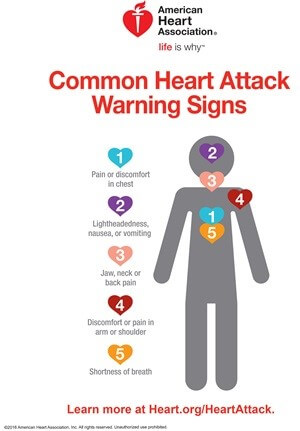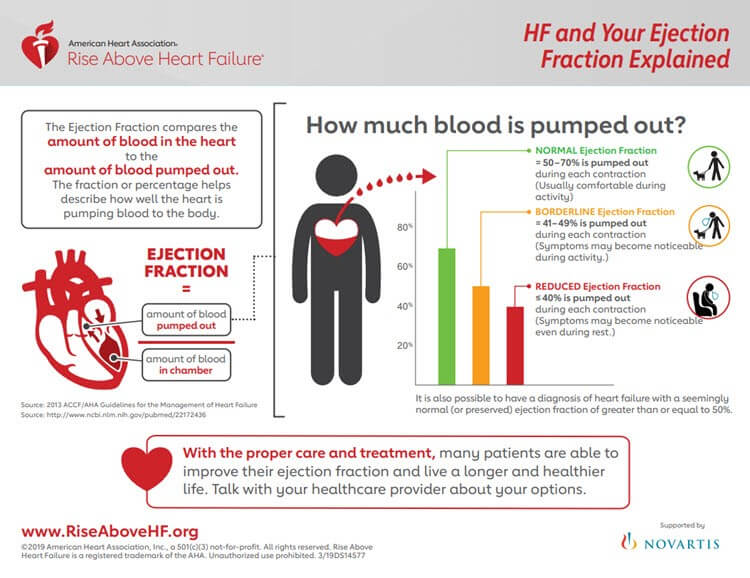Type of Cardiovascular diseases: Symptoms & Prevention
The heart is one of the most important organs of the human body. People who are not cautious about cardiac health get exposed to several diseases. Some major cardiovascular illnesses are listed below.
1. Heart attack
A healthy heart carries the responsibility of supplying blood after pumping it. An attack is experienced when there is a blockage which interrupts this process. Obese people have a higher risk of getting heart attacks as they have thinner vessels. This is why cardiologists always advise weight to be kept under check.
Symptoms
- Pain in the left hand extending to the jaw and upper shoulder is a clear symptom of experiencing cardiac issues. This feeling is continuous and does not fade away after the application of an ointment or painkiller.
- Having nausea without any dietary problems can be an eyebrow raiser. Consult a heart specialist if you experience this feeling.
- People with depression and anxiety are always in a tensed state of mind. They take appropriate medication to deal with this issue. However, having fatigue and intolerable sense of tension can be a symptom.
Common Cause
Consuming a lot of fat means that it would be eventually deposited in your arteries. This has an adverse effect on the flow of blood leading to attacks. It is important to have a diet plan and keep an eye on what you eat. Fried food have hazardous constituents and their consumption should be avoided.

2. Stroke
A stroke is experienced when the flow of blood to the brain faces interference. This results in the supply of oxygen getting discontinued leading to elimination of cells. In most cases, stroke leads to paralyses and fatality.
Symptoms
- People effected are unable to have conversations due to slurred speech. This happens due to lack of oxygen supply.
- At times, one side of the body loses feeling. An effected person may be able to blink his right eye but not the left one.
- Inability to see clearly with both eyes is a possible reason. It becomes hard to focus on one object with both eyes.
3. Heart Failure
People not related to the medical profession believe that a heart failure means immediate death. This cardiac disease is experienced when the heart pumps insufficient blood. As a result, different body parts do not get the intended supply. High blood pressure is a possible reason. People with excess weight and cholesterol are more likely to face this problem.
Symptoms
- If you are missing heartbeats or the pace is too fast, take it as an alarming factor. Irregular pulse is a sign that the heart is pumping blood irregularly. This condition can worsen and result in a failure if a cardiologist is not consulted.
- Lack of blood supply results in salt and water being deposited in the body. Due to this, swelling is noticed in different body areas.
- Keep a check on the ability to concentrate. Heart failure impacts the attention span and the person affected feels dizzy. Along with that, blurred vision for lengthy spans is experienced.

Prevention Methods
Avoiding unhealthy eating habits and life style can save a person from long term heart complications. Here are some productive prescribed methods for this purpose.
1. Put an end to smoking
It is an undoubted fact that each cigarette draws you nearer to multiple heart problems. With the passage of time, it increases the vessel thickness. Hence the risk of heart failures and attacks increases.
2. Body weight matters
Weight has an effect on the probability of cardiac problems. Higher obesity levels cause a rise in the risk. It is important to avoid meals which contribute to weight increase (connect to weight loss calculator). A proper meal plan should be followed comprising of healthy edibles. The consumption of Omega 3 and fats in unsaturated form should be avoided.
3. Exercise is mandatory
Working out is the best way to burn fat, reduce weight and maintain a fit shape. It also eliminates the risk of facing heart related abnormalities. Running on the treadmill is a recommended activity for this purpose.
Prescribed Drugs
The following drugs are given to patients facing cardiovascular concerns
1. Thrombolytics
Clots are a possible reason for stoppage of consistent blood flow. This drug is prescribed for melting the clot and resuming uninterrupted supply. The timely prescription is important as delays increase the chances of surgeries.
2. Beta Blockers
People with chronic high blood pressure are at greater risks of cardiac problems. Beta blockers smoothen the overall cardiac process by bringing the pressure down. These drugs provide long term protection to patients by reducing the chances of future attacks.
3. Statins
Apart from blood pressure, high cholesterol is also a major contributor towards heart related difficulties. This drug is used to bring the cholesterol level down. As a result, the damage is minimized and the risks of further attacks are eliminated.
4. MBBS Degrees
Medical professionals, particularly those with a Bachelor of Medicine, or Bachelor of Surgery (MBBS) degree, play a crucial role in diagnosing and treating cardiovascular diseases. Their extensive training equips them with the knowledge to educate individuals about preventive measures and recommend appropriate interventions, contributing significantly to the overall cardiovascular health of the population.